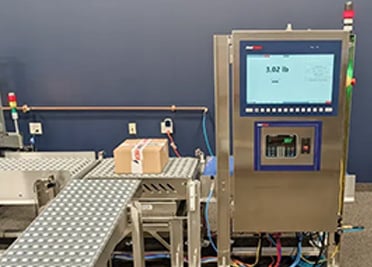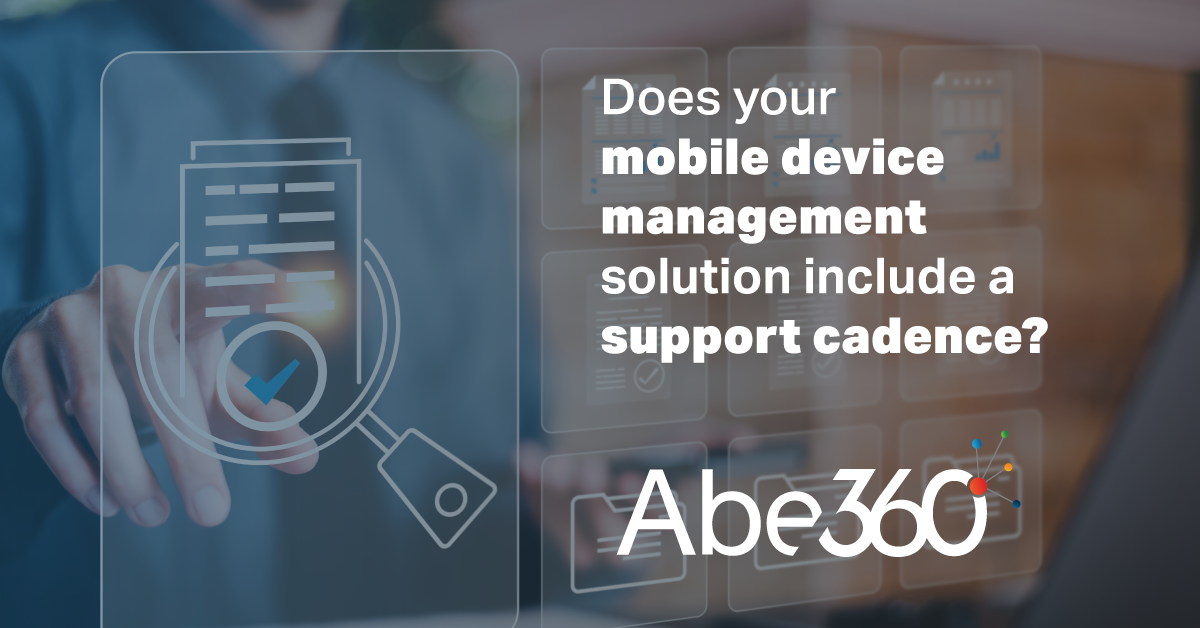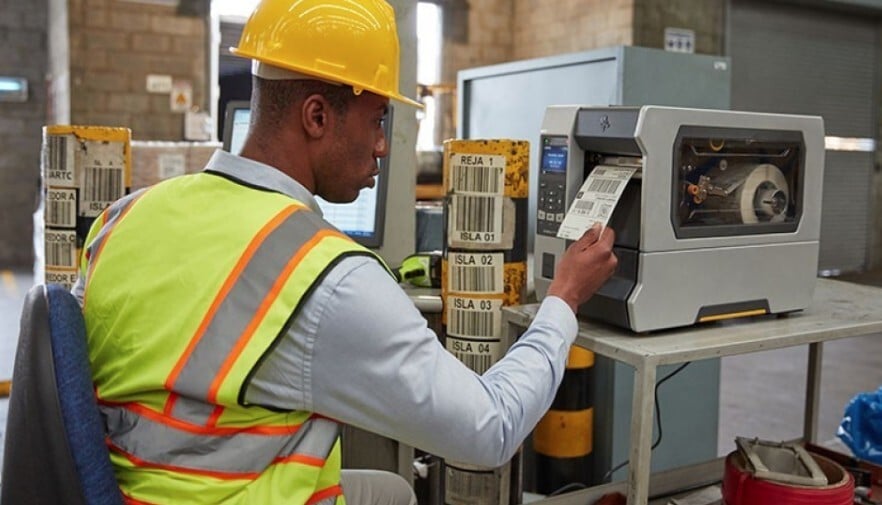As technology continues to evolve, the number of devices connected to networks in manufacturing and warehouse environments has increased exponentially. This has led to a growing need for effective device management in order to maintain the security and efficiency of operations. However, many companies still struggle with the lack of standardization in device management, which can lead to serious security risks.
Know the risks
One of the main risks associated with a lack of standardization is the lack of control over devices that access the network. When devices are not properly managed, it can be difficult to keep track of who is accessing the network and what they are doing. This can leave the network vulnerable to malware, viruses, and other cyber threats. Additionally, without standardization, it can be difficult to ensure that all devices are up to date with the latest security patches and software updates. This makes it easy for cybercriminals to exploit known vulnerabilities and gain access to sensitive information, such as production schedules, inventory levels, and customer data.
Another risk is that the team will not be able to detect and respond to device-related issues in a timely manner. When devices are not properly managed, it can be difficult to identify and fix problems before they become major issues. This can lead to costly downtime and decreased productivity, which can have a significant impact on your bottom line.
What is the solution? An Abe360 support cadence
Implementing a support cadence is one of the best ways to mitigate these risks. A support cadence includes regular checkups, updates, and maintenance on all devices, which helps identify and resolve potential issues before they become major problems. By implementing a support cadence, your enterprise can ensure that all devices are properly maintained and updated, which can help to prevent security breaches and minimize downtime.
Another important aspect of device management is monitoring. Regular monitoring of your devices for any suspicious activities or anomalies can help detect any malicious activities on your network. This can help you take prompt action to stop a cyber-attack and minimize the potential damage. Additionally, monitoring can also help to identify any issues with devices that may be causing problems on the network, such as malfunctioning sensors or malfunctioning machinery.
In addition, implementing a device management policy can also help to standardize the way devices are managed within your organization. This can help to ensure that all devices are properly configured and secured, and that all employees are aware of the policies and procedures that must be followed.
Get started with Abe360 today and start implementing a standardized support cadence
In conclusion, standardizing device management is essential for maintaining the security and efficiency of operations in manufacturing and warehouse environments. When you enroll in our Abe360 Enterprise Mobility Management platform, a solution architect dedicated to your account will help you build a support cadence that is tailored to your organization. By implementing a support cadence, regular monitoring, and a device management policy, you can ensure the security of your network and protect your business from potential risks. Additionally, by standardizing device management, your entire enterprise can also improve its overall efficiency and productivity, which can have a positive impact on your company’s bottom line.
Reach out today to schedule a consultation with a solution expert to learn more about how Abe360 can simplify and standardize your device lifecycle management. Get a virtual walk-through of our best practice structure including: a preview of our development, user acceptance testing, and production environments as well as example configuration profiles.










